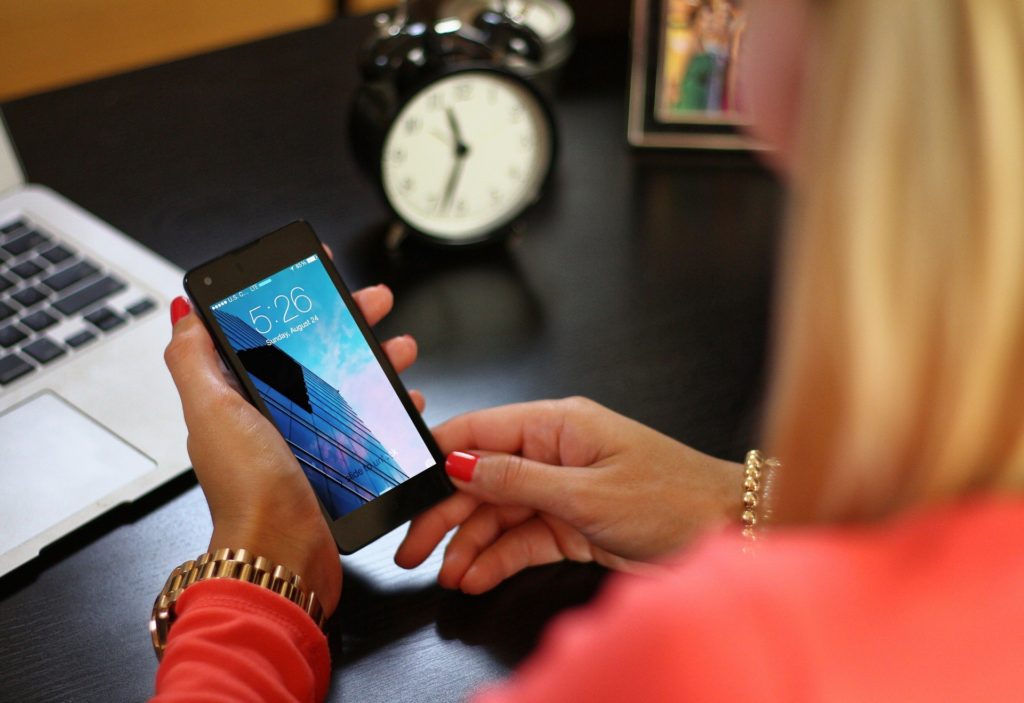
It’s not realistic to expect employees to work like robots. However, you should expect your employees to focus most of their time on their work (after all, that’s what you pay them for). If you’ve noticed that your staff are slacking, it could be time to provide some much-needed motivation. Here are just a few ways in which you can get employees to stop wasting time.
Offer more break time
This may sound counterintuitive, but it works. Longer and more frequent breaks make people more productive. We’re better at working in short bursts than managing long uninterrupted shifts – the longer we go without a break, the more our concentration dips and the slower we become at a job. Breaks give people time to re-energize, which allows us to concentrate better when we finally return to work. All in all, more break time leads to more work.
Limit distractions
Too many distractions in the workplace can stop people from wanting to work. Distractions can come in many forms and you can’t always remove them all (after all other colleagues can be a distraction). Some distractions can even be work-related but could serve as an interruption to core tasks such as meetings and emails. Try to limit these distractions in any way you can. It could be worth asking employees to turn off notifications on their phones, holding meetings in separate spaces and asking employees to not spend their break at their desk where they’re likely to distract working colleagues.
Invest in time-saving tools
Time-saving tools can help to get complex jobs done more quickly. By making such challenging jobs easier, you’ll not only save the time it takes to do these jobs but you’ll also reduce procrastination. Such tools could include software to automate office admin tasks or an automatic dishwasher in a restaurant to speed up washing dishes.
Consider monitoring your employees
Monitoring employees could also help to reduce time-wasting activities. Devices such as fleet trackers and dash cams are popular in business vehicles for monitoring employees’ driving, ensuring that they’re not going on unnecessary detours during their day. If employees know they’re being monitored, they’re more likely to concentrate on work rather than risking getting caught out doing something else.
Reward productivity and efficiency
You can also improve productivity by giving employees an extra stimulus to work hard. This could include offering rewards for good productivity such as bonuses or extra holiday. When people know that their hard work is being appreciated, they’re more likely to go the extra mile. Rewards could be given out for achieving goals, or they could be randomly given out when you feel individuals have earned them.
